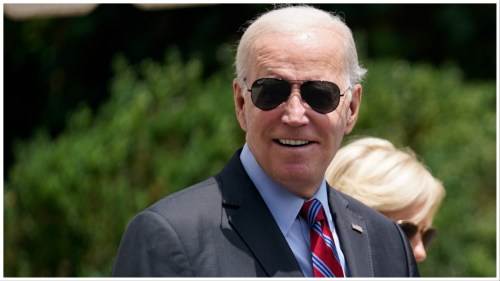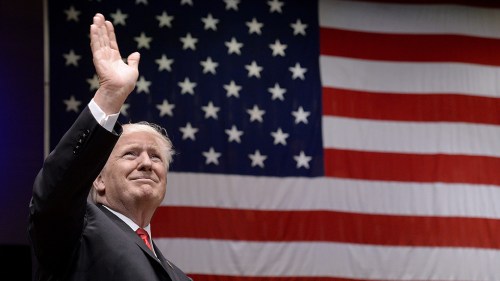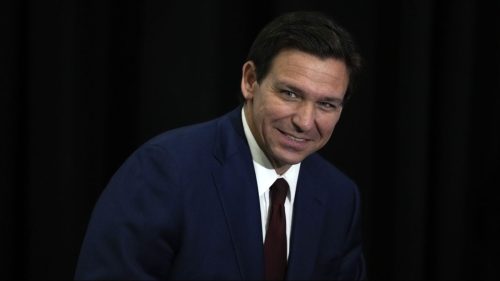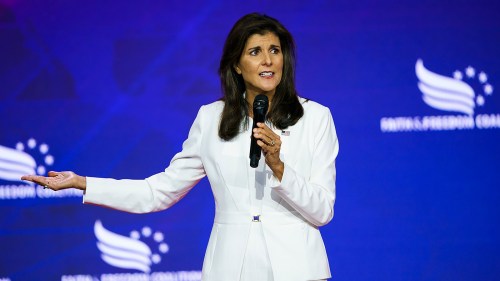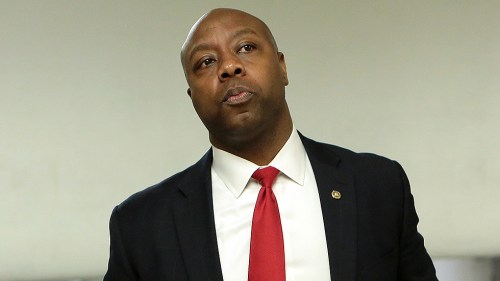Biden withdraws from presidential race: 5 things to know
President Biden said he will not be running for reelection, a historic decision that comes after mounting pressure from many within his own party.
Biden said he will serve out the remainder of his term, which ends in 2025.
“It has been the greatest honor of my life to serve as your President,” he said. “And while it has been my intention to seek reelection, I believe it is in the best interest of my party and the country for me to stand down and to focus solely on fulfilling my duties as President for the remainder of my term.”
The announcement upends the presidential election just days after former President Trump and his allies gathered in Milwaukee for the Republican National Convention.
Here’s what to know about Biden’s decision to step aside:
Biden made the choice after growing pressure
In the end, Biden caved to pressure from within his own party as the number of lawmakers and donors calling for him to step aside grew over the last several days.
Sen. Joe Manchin (I-W.Va.) became the latest high-profile lawmaker to call on Biden to withdraw when he told CNN’s Jake Tapper earlier on Sunday that the president should “pass the torch to a new generation.”
He joined a growing list of Democratic lawmakers that included Sens. Peter Welch (D-Vt.), Jon Tester (D-Mont.), Sherrod Brown (D-Ohio) and Martin Heinrich (D-N.M.).
The Hill reported Thursday that a decision from Biden was imminent, and that attention had already turned to who would be Vice President Harris’s running mate should she end up replacing him.
But even on Friday, the Biden campaign insisted that the president was determined to run for reelection.
Harris becomes likely successor
Biden on Sunday almost immediately endorsed his vice president to be the next Democratic nominee.
“Today I want to offer my full support and endorsement for Kamala to be the nominee of our party this year,” Biden said. “Democrats — it’s time to come together and beat Trump. Let’s do this.”
His announcement comes after Harris held a $2 million dollar fundraiser this Saturday in Cape Cod while Biden was stuck at his Delaware home recovering from COVID-19.
Harris later issued her own statement saying she would “earn and win this nomination.”
Biden’s decision to back her was expected. In a sign of how many saw her as his likely successor, Republicans gathering in Milwaukee for the Republican National Convention had already started attacking her.
Harris in a statement Sunday said she was “honored” to have the President’s endorsement and “my intention is to earn and win this nomination.”
The hunt is on for her possible running mate
Now that Biden has fully thrown his support behind Harris, the hunt is on for who could be her running mate.
Nobody as of now has expressed public interest in being on the ticket with her, but that will change. Some names that have already been floated include Kentucky Gov. Andy Beshear (D), Illinois Gov. JB Pritzker (D), Pennsylvania Gov. Josh Shapiro (D), Michigan Gov. Gretchen Whitmer (D), North Carolina Gov. Roy Cooper (D) and Arizona Sen. Mark Kelly (D).
Another high-profile name who has been included in the mix is California Gov. Gavin Newsom (D), though he’s an unlikely choice given that the ticket can’t have two candidates from the same state.
Decision throws election into uncharted territory
Biden’s decision sends the election into a tumultuous new phase, the likes of which haven’t been seen in a U.S. presidential race in more than half a century.
To be clear, it will also be a source of relief for a huge swath of Democratic officials and donors, more and more of whom had urged the president to drop out.
But it also opens the door to potential chaos. Though Biden endorsed Harris as his successor, observers aren’t entirely sure how the process will play out from this point.
Delegates who were pledged to Biden are not required to vote for Harris, meaning they could back a different candidate and raise the possibility of a contested convention.
While it remains unlikely that enough delegates would choose to essentially rebel against Biden, it does raise the specter of more turmoil if Democrats find themselves at odds over who should be the new nominee.
Some Democrats, including Rep. Jim Clyburn (D-S.C.), have emphasized that even though Harris is their favored replacement, the party will hold a “mini primary” before she is officially chosen.
But it also remains to be seen if any Democrats would actually challenge her and risk damaging their future political careers by trying to skip past the first Black and Asian American woman to be vice president.
Trump allies have already started pivoting toward Harris
Even before Biden’s announcement, Republicans had already started sharpening their knives in case Harris became his likely replacement.
Trump’s allies frequently went after the vice president during the past week in Milwaukee, in particular hitting her as Biden’s “border czar” and tying her to the administration’s immigration policies.
Trump has already weighed in on the likelihood of going toe to toe with Harris, telling CNN shortly after the president’s decision that she will be easier to beat. And the former president’s running mate, Sen. JD Vance (R-Ohio), attacked Harris during their first joint rally in Michigan on Saturday.
Nonetheless, Republicans find themselves in uncharted territory as well, with their main opponent suddenly off the ticket and a new opponent not yet confirmed. Trump and his allies will have to stay on their toes and form new lines of attack as they wait to see whom Democrats ultimately nominate.
Updated: 4:39 p.m. ET
Copyright 2023 Nexstar Media Inc. All rights reserved. This material may not be published, broadcast, rewritten, or redistributed. Regular the hill posts
